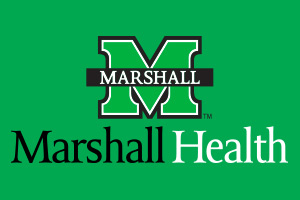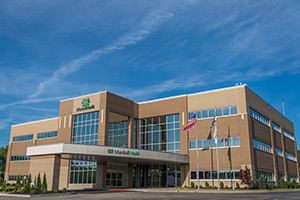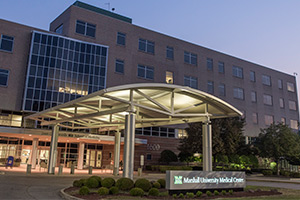Back pain can range from a mild, dull, annoying ache, to persistent, severe, disabling pain. Pain in your back can limit your ability to move. It can interfere with normal functioning and quality of life. Always talk with your healthcare provider if you have persistent pain.
Neck pain occurs in the area of the cervical vertebrae in your neck. Because of its location and range of motion, your neck is often left unprotected and at risk for injury.
Pain in your back or neck area can come on suddenly and intensely. Chronic pain lasts for weeks, months or even years. The pain can be constant or come and go.
Back and neck pain can have many different causes, including:
Symptoms linked to back pain may include:
Symptoms linked to neck pain can be:
Your health care provider may also take x-rays or of the affected areas, as well as an MRI. This allows a more complete view. The MRI also makes pictures of soft tissues such as ligaments, tendons, and blood vessels. The MRI can help spot infection, tumor, inflammation, or pressure on your nerve. Sometimes a blood test may help diagnose arthritis, a condition that can cause back and neck pain.
In many cases, acute back or neck pain may simply improve with some rest. Over-the-counter medicines, such as acetaminophen or ibuprofen, may also help with the discomfort. Try to move gently during this period, so that you won't become stiff and lose mobility.
If you have chronic pain of your back and neck, try several remedies before considering surgery. These include:
Clinical Interests:
Locations:
Clinical Interests:
Locations:
Clinical Interests:
Locations:
Clinical Interests:
Locations:
Clinical Interests:
Locations:
Clinical Interests:
Locations:
Clinical Interests:
Locations:

Marshall Health - South Charleston
414 Greenway Avenue
2nd Floor
South Charleston, WV 25309
Phone: 304.342.3891

An outpatient department of Cabell Huntington Hospital
Marshall Health - Teays Valley Main Building
300 Corporate Center Drive
2nd Floor
Scott Depot, WV 25560
Phone: 304.691.6931

A provider-based department of Cabell Huntington Hospital
Marshall University Medical Center
1600 Medical Center Drive
Suite B500
Huntington, WV 25701
Phone: 304.691.1787